Apple TV Plus’ brand new science fiction drama series, Invasion, is a sweeping, character-driven epic that follows an alien invasion through different perspectives around the world. Created by Academy Award-nominated and two-time Emmy Award-nominated producer Simon Kinberg and David Weil, Invasion stands out as being one of the few shows in the genre that genuinely considers what such a catastrophic event might look like from a global perspective. The series follows multiple characters – from small town America, to the U.K., to Afghanistan, to Japan – each with their own troubles, conflicts, and unique points of view, and gives us an intimate look at how they each cope with the end of the world.
In this Goggler exclusive, we spoke with executive producer Simon Kinberg and asked him why we continue to remain fascinated by such stories.
Umapagan Ampikaipakan: Simon, thank you so much for doing this. First of all, congratulations on the show!
Simon Kinberg: Thank you so much.
UA: Why do you think we are so fascinated with these sorts of end of the world stories? More so, given that we’ve recently experienced one of those scenarios?
SK: Without getting too heavy, I think we all know that we have a ticking clock from the moment we’re born. So the end of the world is something we’re all going to face at some point. The end of our own personal worlds. I think there’s an element of that that makes us interested or compelled by apocalyptic stories.
And I think we may be especially interested right now, not just because of the global tragedy and drama that we just went through, but because we are a more interconnected global society. You know, because of technology. The Internet, social media, TikTok. I mean, I’m on TikTok watching young women in Nigeria that are way more entertaining than anything I’m watching on TV or at the movies. And that didn’t exist five years ago, or 10 years ago, or 20 years ago when we were watching TV. It didn’t exist when I was watching Star Wars. It was a different world educationally. And it was a different world technologically.
I also think we’ve always been fascinated by aliens. From a very young age, you look up at the sky and you just feel like there’s something looking back at you. Or you feel like there’s something beyond what you can see because it looks so infinite out there. So I think we have an innate fascination with what is beyond our comprehension, what is beyond our scientific information, and what is beyond the stars. The alien invasion genre has been so rich, from H.G. Wells, to Steven Spielberg, to Neill Blomkamp, but if you combine all of those things, the genre remains ripe, especially when you come up with something fresh.
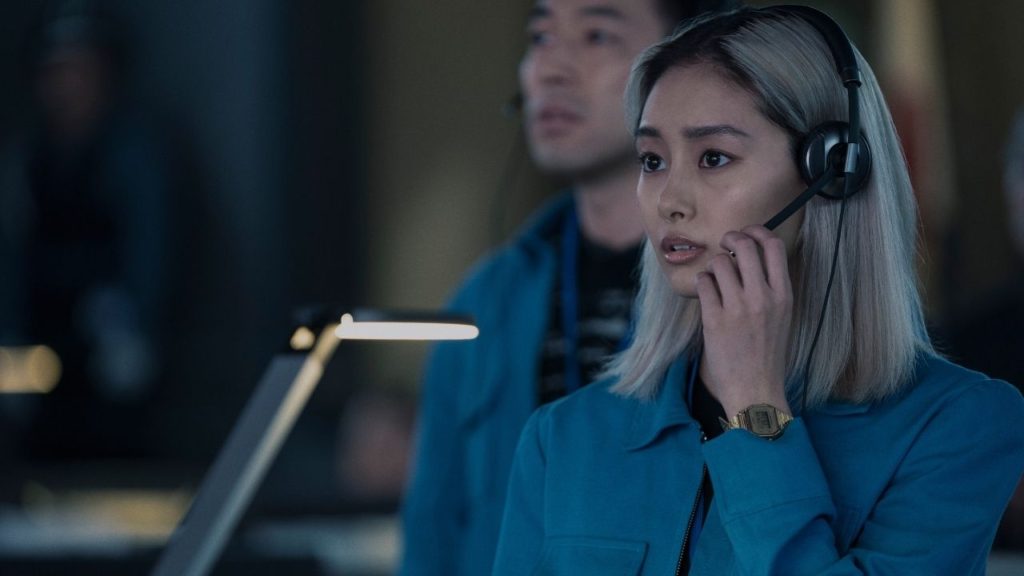
UA: Simon, I have an inside baseball question, if you don’t mine. I obviously watch a lot of TV and movies, as do you, and there was one thing that really stood out for me in Invasion. The sound design on your show was exceptional. It kinda blew my mind. The scenes in Afghanistan, versus the scenes in an American suburb, versus what was going on in Japan, all felt like they had very a distinct sound. Am I right in thinking that?
SK: That’s an awesome question that I haven’t been asked about for this show, and almost never get asked about on anything I work on. I think what people often forget is that movies and television are sound and visual. People get so focused on the visual aspects of things, whether it’s the visual effects, or the cinematography, or the locations, or the production design. Sometimes they think about the music and the score. But what people don’t talk about is the sound design. And the sound design, especially in science fiction, and especially when you’re going around the world, is wildly important, and a huge part of the texture and the character of those places and of those characters themselves.
UA: Well, the sound designers on Invasion knock it out of the park…
SK: The sound designers and sound mixers on our show will be very happy that someone actually noticed, and asked the question, because we spent an immense amount of time getting that sound mix to feel really full. And those sounds are not from a library. They are actual sounds from a lot of those real places that we captured when we were there and imported into our sound design.
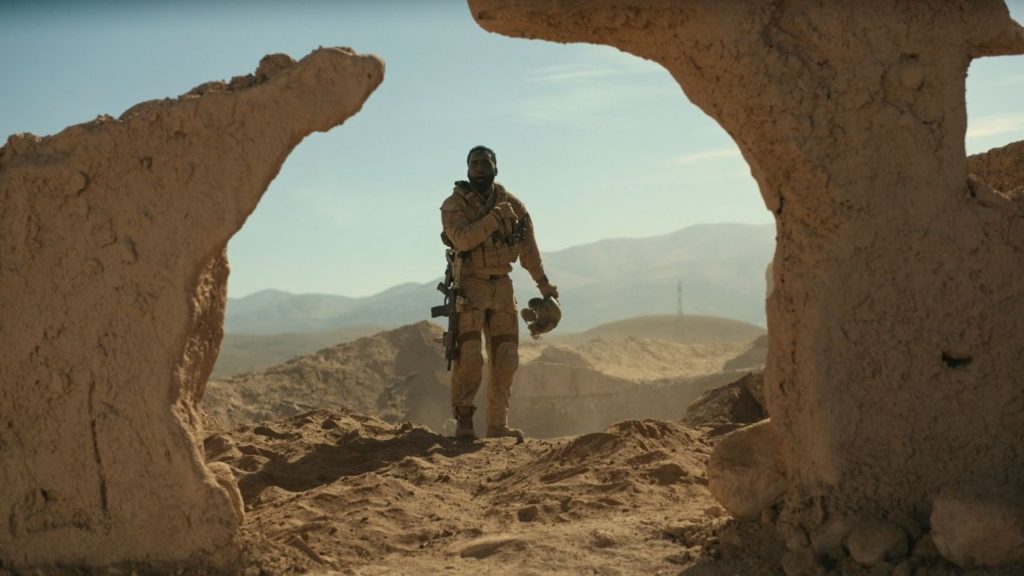
SK: I’m someone who’s always been fascinated by sound design. There’s a great documentary about Walter Murch, who’s one of the great sound mixers and sound editors of all time. And he talks about the final door shutting in The Godfather and how he went through like thousands of different doors shutting and then finally ended up with, I think it was the sound of some sort of vegetable.
So we got really creative, both with the sounds for the alien, but more importantly, the sounds for the environment, so that you feel like you’re in those places. Because it’s not just the images of those places, it’s also the sounds of those places that help define them.
What was great about this group is there was a very cinematic approach taken to the to the filmmaking of the show. And I learned that from watching Ridley Scott on The Martian. The level of attention he takes to all of the detail, and all of the texture, is really part of the world creation. It’s not just the big, cool concept art.

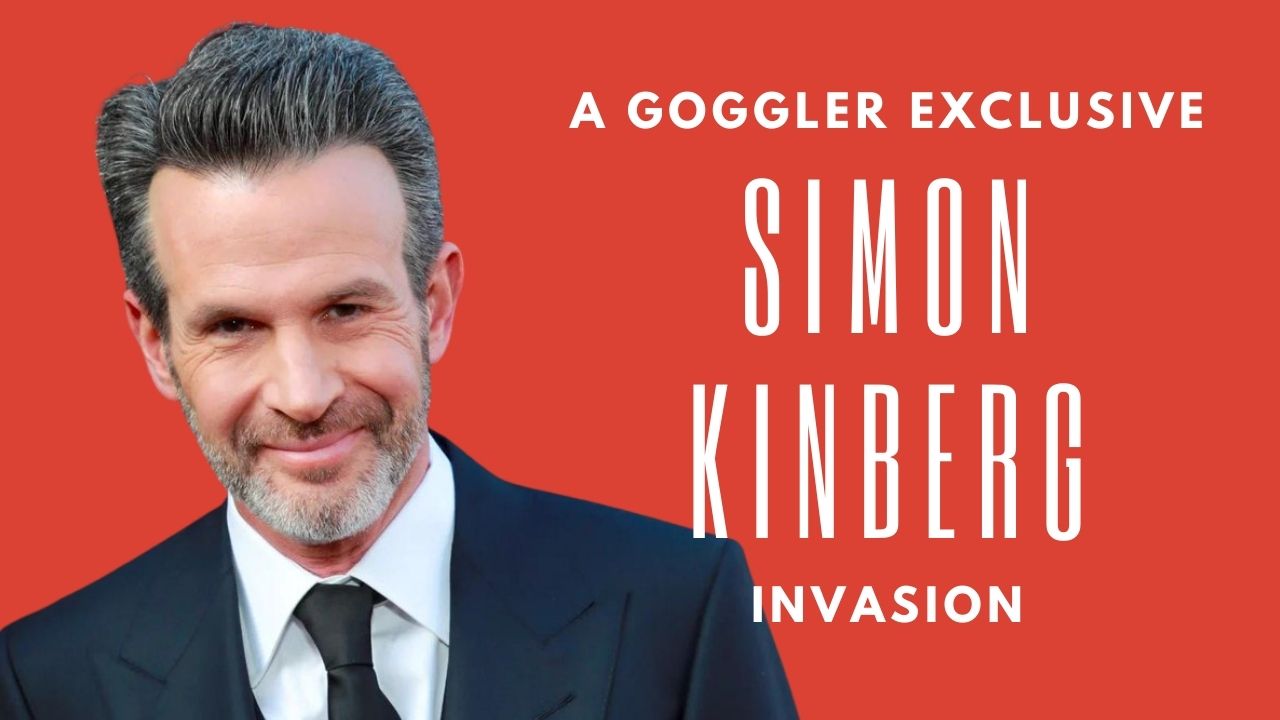
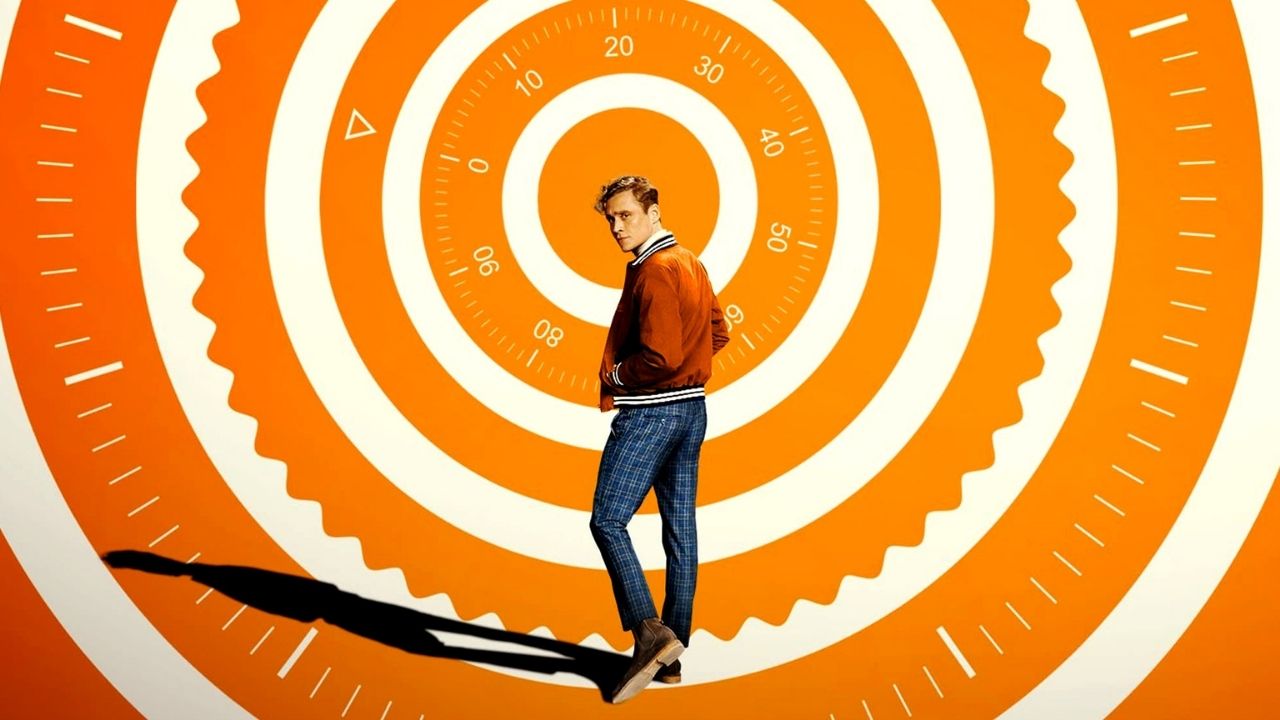

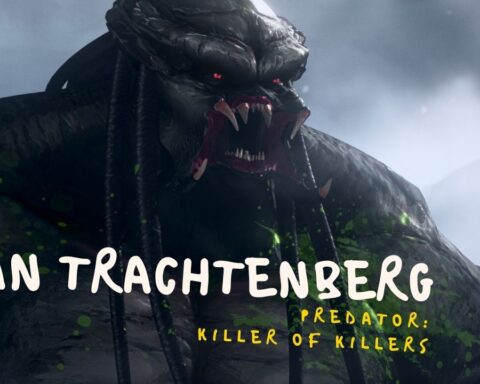

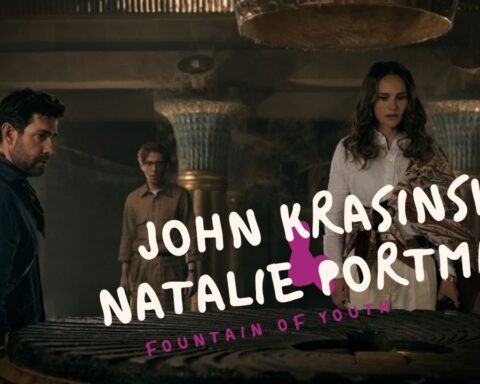
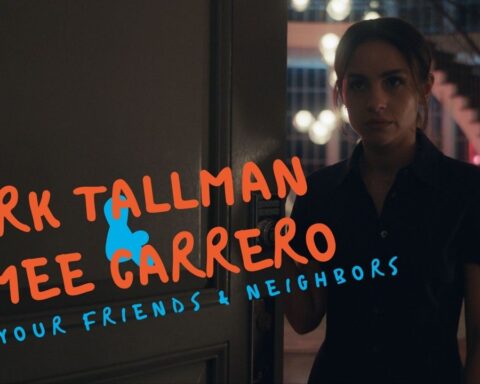
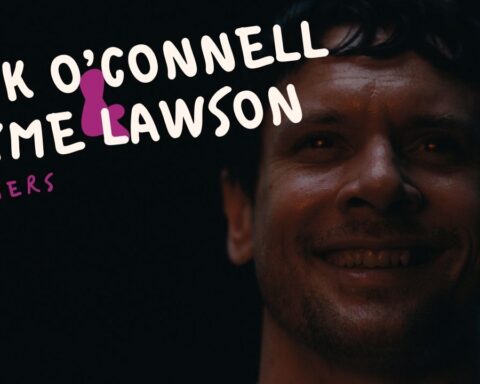
Follow Us